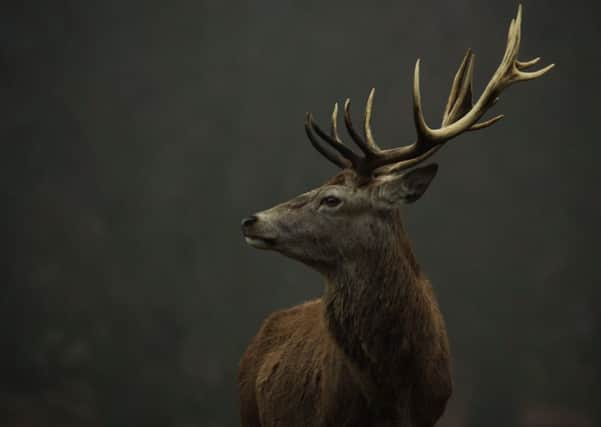Science closes in on Scottish wildlife crime


A range of DNA and genetic testing techniques are being developed and deployed north of the border, with future work set to be underpinned by the Wildlife Forensics Development Programme – a newly announced partnership between experts from organisations such as Edinburgh University and the Roslin Institute.
Crimes against nature are notoriously difficult to solve since offences often take place in remote locations.
Advertisement
Hide AdAdvertisement
Hide AdThis, investigators say, is where the emerging field of wildlife forensics has become increasingly important. And they have highlighted how Scotland is leading the way on plant and animal forensics in the UK as it builds up a growing presence on the international stage.
Constable Charlie Everitt, a wildlife crime investigator with Police Scotland and Scottish investigative support officer for the UK National Wildlife Crime Unit, said: “I see forensics as being absolutely vital for investigating wildlife crime because it happens in such remote places that you’ll never get the equivalent of the two eye-witnesses Scots law demands.
“One case involved suspected theft of birds’ eggs. The suspect was arrested at Rum harbour and found to be in possession of eggs. We checked his egg-blowing kit, which he had on him, and found DNA of gulls and Manx shearwaters, so he pled guilty and went to jail for six months. This shows the value of DNA evidence in linking people to crimes.”
The capital hosts the UK’s only dedicated wildlife genetic forensics laboratory, set up in 2011 at the government’s Science and Advice for Scottish Agriculture centre. Edinburgh is also the base for Trace Wildlife Forensics network and the Society for Wildlife Forensic Science.
Scottish Environment Secretary Roseanna Cunningham said: “As hosts to the UK’s only dedicated wildlife DNA forensics lab, Scotland is leading the way when it comes to using forensic science to shape wildlife law enforcement.”